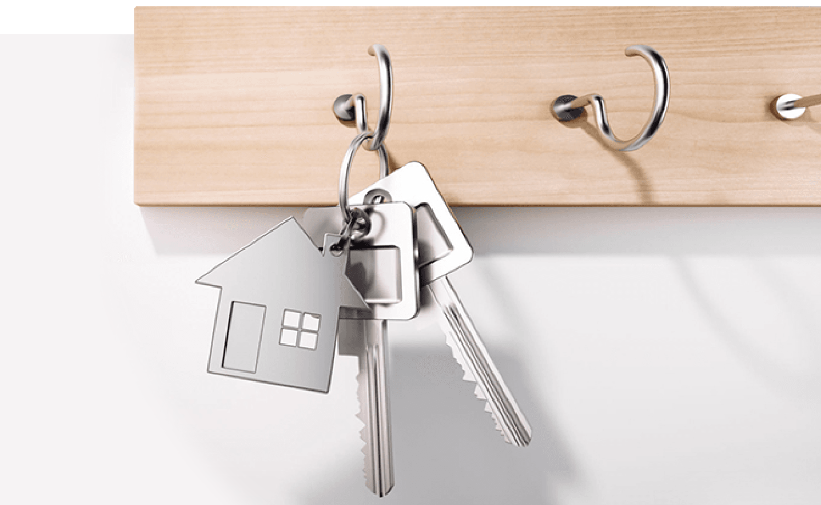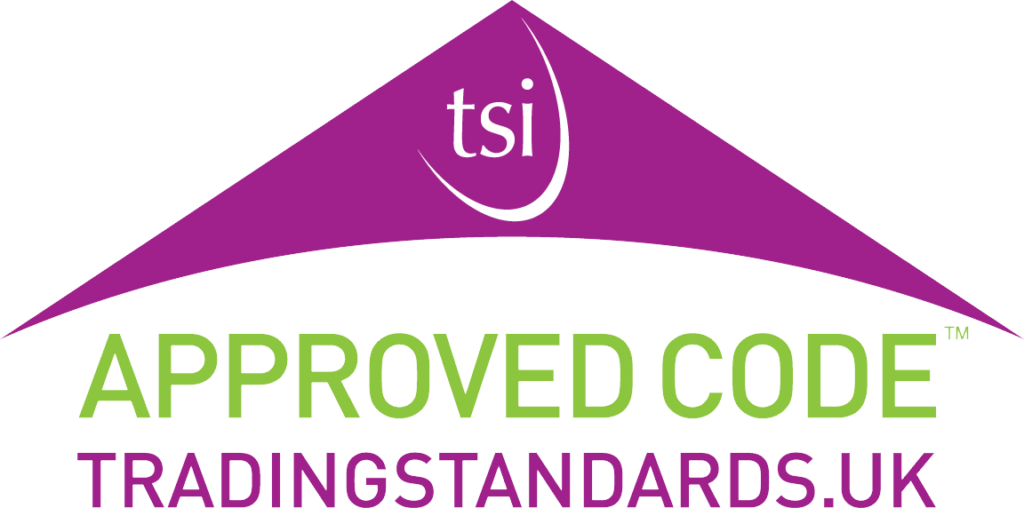The decision to buy a home is one of the most important that you can make, and many factors will have an impact on your decision: for example, the area you wish to live in and your budget will greatly influence the type of home you can realistically afford. Our buyers’ guide will give you some important hints and tips to consider.
Budget
Perhaps the most important consideration as your budget will inform many of your decisions. The first step in this should be to talk to a mortgage advisor and gain an understanding of how much you can borrow and how much of a deposit you will need, as this will give you a better understanding of what you can realistically afford.
Decide where you want to live
It should go without saying, but doing research on the area within which you wish to purchase a property is a must. Whether you have lived within that area your whole life or are moving hundreds of miles away for work, consider what it is that you find essential. Do you need good transport links towards other towns or cities? Do you need good schools for your children or easy access to sports or social clubs? It can be a good idea to compile a list of things that are essential to you, and things that can be compromised on. This will enable you to “weed out” properties that don’t meet the criteria on your essential list.
Decide what kind of home you are looking for
Would you prefer to purchase a new-build home from a developer? Or are you looking for a period property with character? Perhaps you are in the market for a “fixer-upper” that needs a little bit of work that you can stamp with your own personality. All of these options come with their own benefits and risks and it is important to consider these questions while looking for a home.
How long does it take to buy a home?
Purchasing a home is not a spontaneous decision and the timescales involved reflect this and it’s all about finding the right home for you.
What if you have a property to sell before you can purchase a new one?
One of the main considerations for those already on the property ladder is whether to begin looking for a new home before their previous home has sold. As you can see from the above timescale, it can be a balancing act to ensure you have the equity from your old property ready to go when you find a property you wish to buy. There are a few options to consider: you can begin looking and hope that the property you wish to purchase is still available when you are in a position to buy, or you could sell your own property and begin renting another until you find a property you like. There is no right or wrong way to go about it, but we can advise you on the best steps to take based on your individual circumstances. It is worth also noting that most mortgage offers have a six month expiry date and it is worth checking with your lender what the process is if this time elapses before you are in a position to put in an offer. Additionally, those buyers who are out with a chain can at times be more appealing to the seller if they are wanting to move quickly.
Enlist the help of an estate agency
Get in touch with local estate agents and let them know what you’re looking for: as already discussed, delve in to your “must have” list. If you choose to go with us, we will take your contact details and requirements then run them through our search engine: any matching properties will automatically show and we can start planning viewings there and then. If we don’t have anything on our books currently that suits your requirements, we can keep your details and revisit periodically. Get in touch here to begin the process of finding your new home.
Availability for viewings
In the current market, desirable properties are purchased relatively quickly. To be in the best position to purchase it is advisable to make time in your diary to make viewings on relatively short notice once matching properties become available.
Feedback on the viewings
Help your agent refine their search based on your feedback of the properties you view with them. At The Grange, we take notes that are saved in your profile and added to our database, which helps us to review key features that are important to you and features to avoid. Again, your list of “must haves” and “willing to compromise” is invaluable information to help us to help you to find your dream home.
Making an offer
If you have a mortgage in principle, you can inform your mortgage lender that you are ready to put in an offer on a property. Once the price has been agreed with the sellers’ representatives, you are ready to move on to the next step.
Hire a conveyancing solicitor
They will handle the legalities, paperwork, write up the contract, transfer any monies from yourself and the lender to the sellers’ conveyancing team.
Make an offer
Inform your agent of the offer and proceed forwards with any negotiations.
If your offer is accepted, you’ll want to get your conveyancing solicitor to make up the paperwork. This will include any additional fees for fixtures and fittings as well as the agreed condition the home will be in on the completion date.
Exchange contracts
Upon exchanging the contracts, you have legally agreed to buy and the seller has legally agreed to sell.
Date of completion of sale
This is the date and time agreed upon in the contract when the exchange will take place. On this day, any monies will be transferred to the respected conveyancing team.
The home is yours, get your keys
The seller usually leaves before or no later than the completion date.
Key collection can be mutually agreed with the key holder.
Settle any outstanding fees
Your conveyancing team will pay any outstanding fees including stamp duty. They will also make sure the change in ownership is registered with land registry.
A final bill for conveyancing fees will be produced.
Book time off work
Moving home is a big undertaking and you may find it beneficial to arrange time off from employment on your moving date.
Compare and arrange removal costs
Are you flexible on the move date? Inform all removal companies of your favoured moving dates to see if they’re available.
Make sure they’re fully insured to cover any damage costs should they occur.
Look for a company who’s accredited with The British Association of Removers or the Property Redress Scheme.
Sort out any bills, utilities and services connected to your previous address
Contact your service providers to let them know you’re moving home. If you aim to keep the same providers, check that they can still provide service to you at your new address.
Inform your bank and credit card companies with your new address
Does your mobile network have good service in your new home area?
Redirect your post
For a fee, the Royal Mail will redirect mail from your old property to your new for a set period of time allowing important documentation to reach you while your change of address goes through different companies.
https://www.royalmail.com/personal/receiving-mail/redirection
Please don’t hesitate to contact us if you require any help with buying your new home or the processes involved with buying a property.











